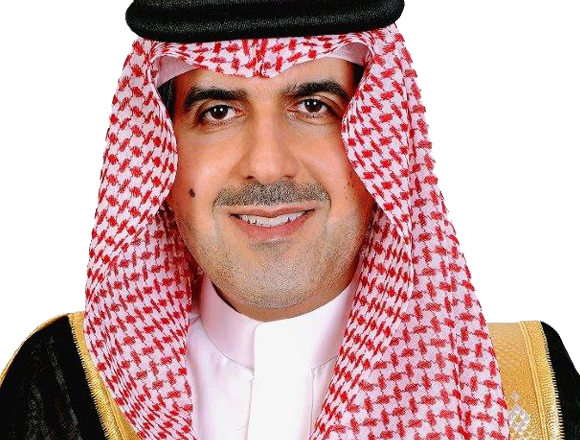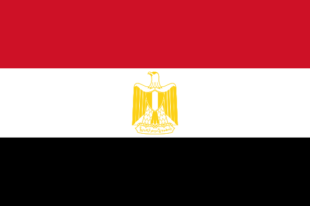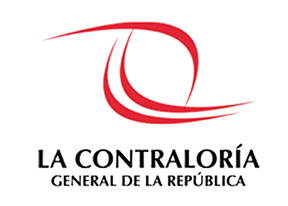Opportunities to Strengthen SAI Independence

by Dr. Hussam Alangari, President of the General Auditing Bureau, Saudi Arabia, and Chair of INTOSAI’s Policy, Finance and Administration Committee
Just over forty years ago, the Lima Declaration was approved at the IX International Organization of Supreme Audit Institutions (INTOSAI) Congress in Lima, Peru.
The Lima Declaration, which covers several key objectives and issues related to the work of Supreme Audit Institutions (SAIs), founded the fundamental pathway for SAIs to deliver value and benefits to society and make a difference in the lives of citizens.
The declaration emphasizes the importance of SAI independence—the organization, its members and officials—and clearly states that SAIs can only accomplish tasks objectively and effectively if they are independent of the audited entity and are protected against outside influence.
The declaration also specifies that SAIs shall have the functional, organizational and financial independence required to accomplish their tasks and reinforces SAI establishment, stating the necessary degree of SAI independence shall be laid down in the Constitution.
Building on the Lima Declaration, the Mexico Declaration, adopted in 2007 at the XIX INTOSAI Congress held in Mexico City, recognizes eight core principles for SAI independence.
Additionally, recognizing the need for SAIs to operate independently from those being audited and to remain free from external pressure, in 2012 the United Nations (UN) General Assembly resolution 66/209 promoted public administration efficiency, accountability, effectiveness and transparency by strengthening SAIs.
In this context, INTOSAI’s strategic plan identifies five crosscutting priorities to achieve its 2017–2022 goals, including advocating for, and supporting, SAI independence.
The INTOSAI Policy, Finance and Administration Committee (PFAC) is tasked to monitor the INTOSAI strategic plan, which also provides an opportunity to promote SAI independence across INTOSAI.
As PFAC Chairman, we have been collaborating closely with INTOSAI Goal Chairs, the Supervisory Committee on Emerging Issues, as well as the General Secretariat to consider potential INTOSAI-wide efforts to advance implementing the cross-cutting priorities.
For example, the PFAC has identified a timeline for key activities related to its obligations under the strategic plan.
The PFAC, in its commitment to monitor and report on progress toward achieving the strategic plan goals and cross-cutting priorities, is furthering SAI independence.
Furthermore, my role as co-Chair of the INTOSAI-Donor Steering Cooperation (Cooperation) allows me to bridge PFAC and Cooperation efforts in supporting SAI independence. The PFAC provides a strategic focus for both donors and the SAI community to strengthen SAI capacity in developing countries and supports a variety of mechanisms facilitating donor funding and support in line with donor mandates.
The PFAC reports on and recommends changes to efforts in raising Cooperation awareness, providing opportunities to empower SAIs, particularly those in developing countries, to advance capacity and performance and to better fulfill their mandates.
The PFAC remains committed—and I remain committed—to fostering opportunities to advocate for and promote SAI independence.





